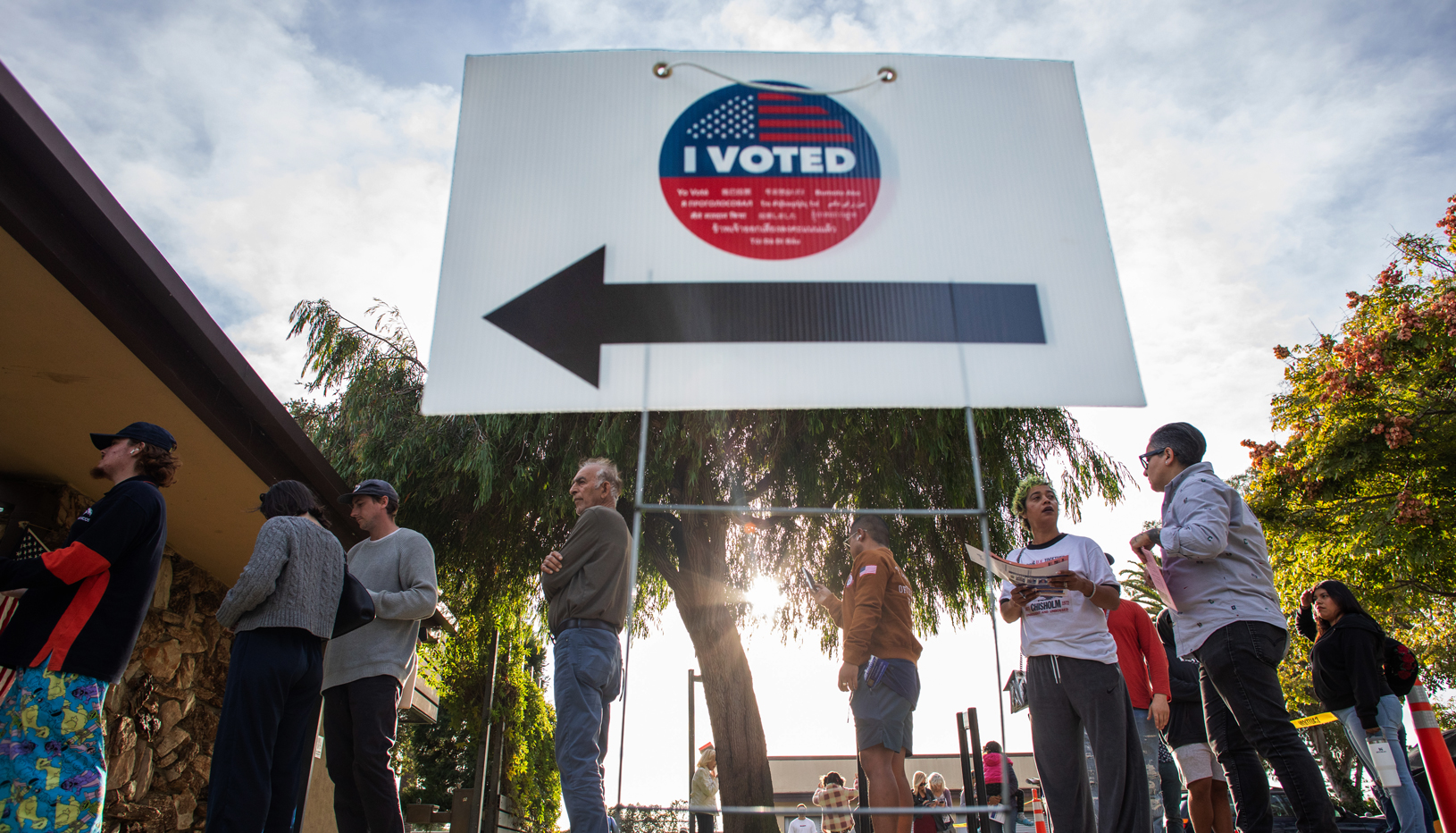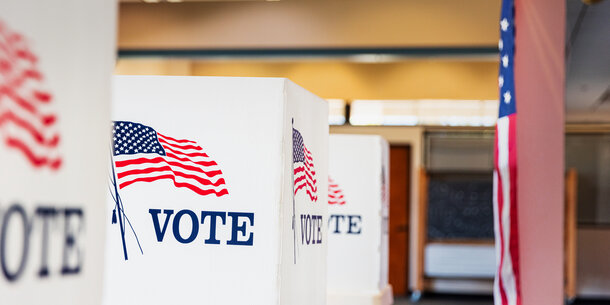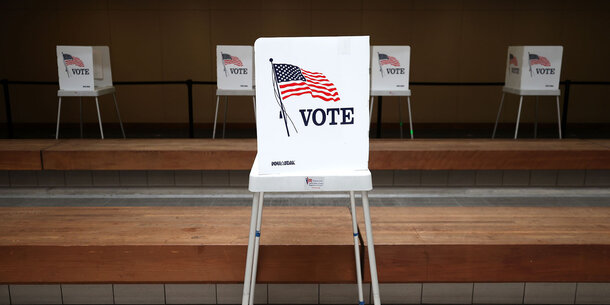Several times a year, the Brennan Center and the Democracy Policy Lab at UC Berkeley’s Goldman School of Public Policy publish a roundup of state voting legislation around the country. Since the 2020 election, this legislation has taken on new importance in state legislatures, with lawmakers aggressively attempting to limit voting access and roll back gains in turnout. In 2025, that trend continues.
As of October 6, 2025, at least 16 states enacted 29 restrictive laws. Overall, at least 469 restrictive bills were considered in 47 states. Twenty-eight of these laws will be fully in effect for the 2026 midterms, along with parts of the 29th law. Since the 2020 presidential election, at least 30 states enacted 108 restrictive laws. Restrictive legislation makes it harder for eligible Americans to cast their ballots.
Since 2022, the Brennan Center has been tracking another category of legislation that subverts democracy: election interference legislation. These measures allow for partisan interference in elections or threaten the people and processes that make elections work. They stand to not only harm existing election administration, but they also undermine voters’ faith in the security of elections. So far this year, at least 7 states enacted 8 election interference laws. Overall, at least 129 election interference bills have been considered in 31 states. All eight will be in effect for the 2026 midterms. Since 2020, at least 18 states passed 41 election interference laws.
A big change in 2025 is that new expansive laws, which seek to make it easier for eligible American citizens to vote, have not significantly outpaced the number of restrictive laws passed. At this point in 2025, at least 25 states enacted 30 expansive laws. Overall, at least 611 expansive voting bills were considered, with at least one in all 50 states. From 2021 to 2024, expansive laws outnumbered restrictive ones by at least 1.5 times (in 2023, the ratio was more than 3 to 1) each year. At least 46 states plus Washington, DC, have enacted 202 expansive laws since January 2021.










